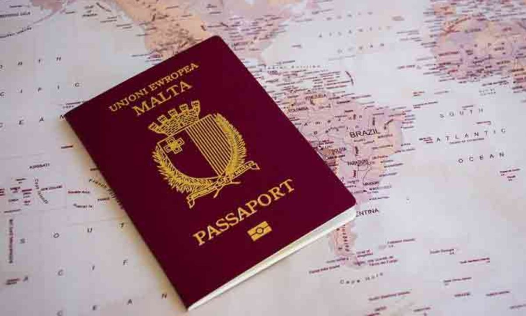Payment is being processed. Please do not refresh or close this page until your payment is complete.
 Book an Appointment
Book an Appointment

Last year, Malta set a new record for issuing resident permits to non-EU citizens, known as third-country nationals (TCNs), surpassing the previous high set in 2022.
According to recent Eurostat data, Malta issued 41,927 new resident permits to TCNs in 2023, up by over 4,000 from the previous record. This places Malta far ahead of the EU average, issuing over ten times the average number of permits, with 76 permits per 1,000 people, Schengen.News reports.
Most new permits were granted for employment, adding around 28,000 foreign workers to Malta’s labour force.
The largest groups of new workers came from the destinations as follows:
• India (11,000)
• Nepal (6,515)
• Colombia (3,648)
By the end of 2023, Malta’s foreign population reached 158,368, marking a 15.3 per cent increase from the previous year, while the native population grew by just 0.1 per cent.
In January 2024, the government announced a fee hike for work permit applications for non-EU workers to €300. As of July 2023, Malta had 68,755 non-EU workers, mainly from India, the Philippines, Nepal, and the United Kingdom, with notable numbers from Serbia, Albania, and Colombia.
The fee increase will directly impact these workers, who must renew their permits annually.
Malta’s total population reached 563,443 by the end of 2023, not including those working irregularly without permits. The growing reliance on foreign workers, often receiving low wages, has kept average Maltese salaries low.
Despite calls from the Opposition and various groups for an economic model revision, the government, led by Robert Abela, has pledged to limit TCNs, focusing on sectors like transport and food delivery.
Identity Malta has been issuing an average of 115 permits a day. In early 2024, Malta introduced the ‘Specialist Employee Initiative,’ a fast-track process for skilled foreign workers to address labour market shortages.
Ukraine, Belarus, India & Türkiye Top the List for Residence Permit Beneficiaries at EU Level
In 2023, the EU issued over 3.7 million first residence permits to non-EU citizens, marking a 4.7 per cent increase from 2022 and setting a new record. Family reasons were the second most common reason for permits, accounting for 26.4 per cent (986,453) of the total issued. They represented a 6.4 per cent increase from the previous year.
Apart from Malta, other countries also saw significant residence permits issued for various reasons. As a result, the leading countries whose nationals obtained the most EU residence permits were Ukraine (71.7 per cent), Belarus (52.3 per cent), India (45.2 per cent), and Türkiye (31.8 per cent).
Source: https://schengen.news/malta-sets-record-issued-28000-work-permits-to-foreigners-in-2023/